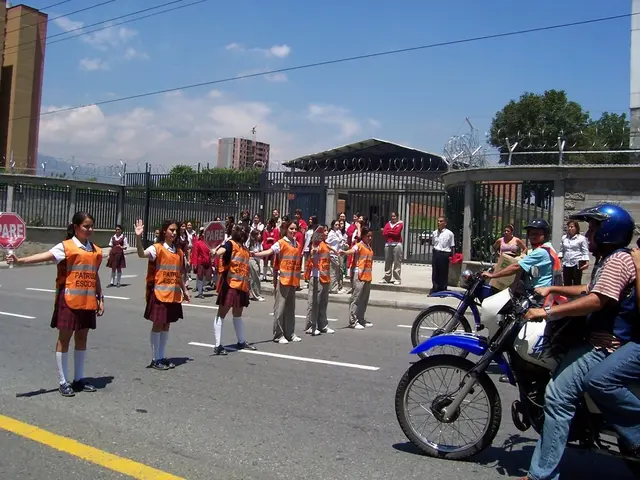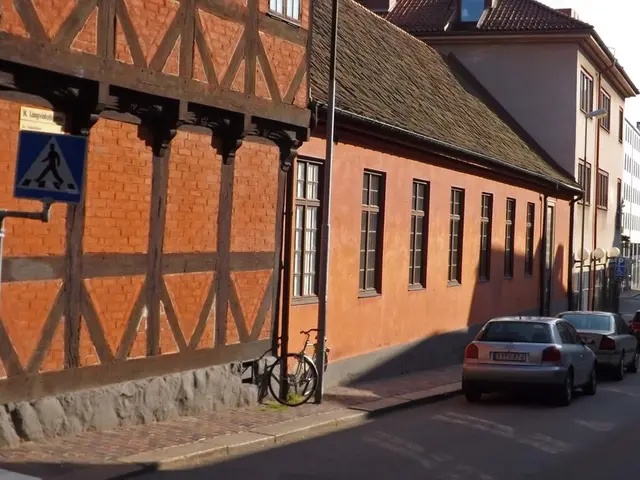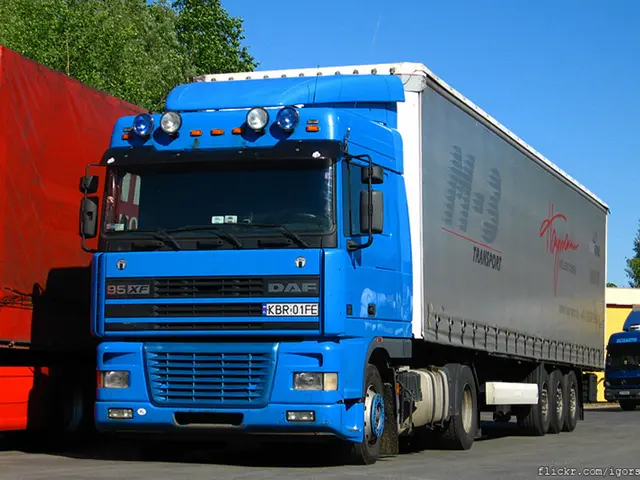Estonia stands prepared to assist Latvia in ensuring the timely completion of the Rail Baltica project.
Riding the Rail Baltica: Estonia Steps Up to Help Latvia
The Rail Baltica project, connecting the Baltic states to the European rail network, is pushing forward, despite some hurdles. Estonia is eager to lend a hand to Latvia to ensure the project is completed by 2030, as originally planned. This was announced by Prime Minister Kristen Michal at a joint press conference with Lithuanian Prime Minister Gintautas Palukas.
Prime ministers from all three Baltic nations are gathered in Riga for a Council of Ministers meeting, with infrastructure projects, such as Rail Baltica, high on the agenda.
Michal, like his Latvian and Lithuanian counterparts, expressed optimism about securing extra funds from the European Union to complete Rail Baltica. It's hoped that this project will be a part of the new seven-year EU budget. Estonia won't be stepping in for Latvia financially, should the need arise.
Previously, Latvian MP Andris Kulbergs, head of the parliamentary commission tasked with addressing Rail Baltica implementation, shared concerns. Currently, he noted, only 43km out of the approximately 200km of Rail Baltica within Latvia have been designed. This means the railway might not be finished by 2030.
Estonia's Role and EU Funding
The Baltic states' push for integration
Estonia has already signed contracts for crucial sections of the railway and moved forward with construction. They've also secured a deal for the Ülemiste passenger terminal in Tallinn. In contrast, Latvia grapples with funding issues that could extend the timeline until 2035. Lithuania, meanwhile, is on track to meet its 2025 goals but could face delays due to potential funding concerns.
EU Assistance and Challenges
Although no specific assistance has been announced, all three countries remain committed to the project, emphasizing the importance of long-term EU funding to meet the 2030 deadline. Currently, the EU funds about 85% of the €15 billion project. However, the current funding system, based on annual application rounds, can lack long-term certainty, causing concerns about co-financing rates for project completion. Failure to complete the project by 2030 could lead to EU financial sanctions for all participating countries.
In summary, Estonia is making progress, while Latvia struggles with funding. The Rail Baltica project's success hinges on securing stable EU funding and addressing stated challenges to meet the 2030 deadline and avoid potential sanctions.
- With Estonia already pushing forward the construction of crucial sections for the Rail Baltica project, it seems the public-transit sector in the Baltic states may benefit greatly from this transportation endeavor.
- Amidst the drive for stability to complete the Rail Baltica project by 2030, the involvement of the European Union's financial sector could prove critical in ensuring the successful integration of the Baltic states within the European rail network.








